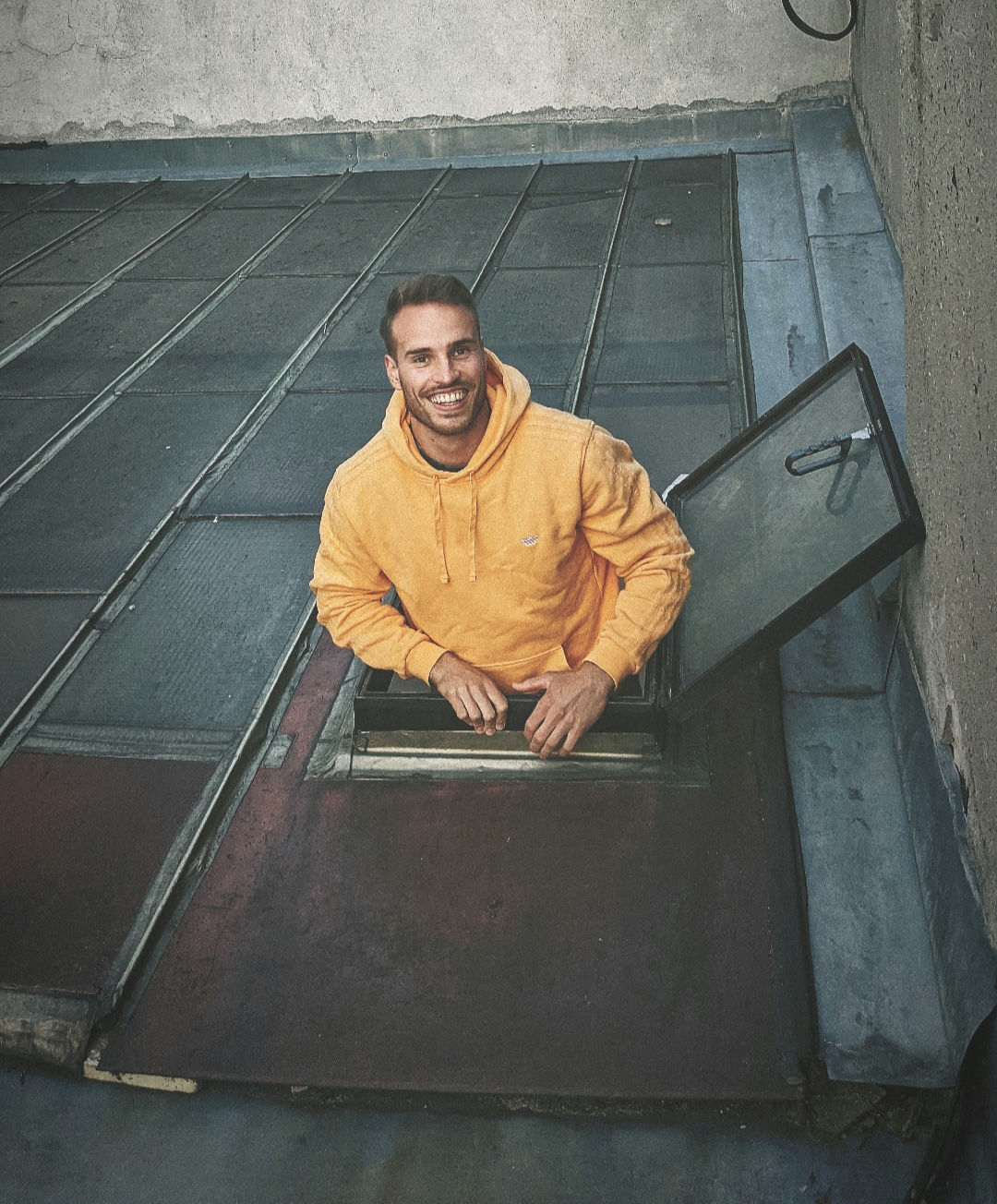Mulesing-Free Wool: Why It Matters and How Wooliie Prioritizes Ethical Sourcing
- Manuel Kießler

- Jan 7
- 3 min read
Updated: Jul 2
When it comes to wool products, the journey from sheep to sweater isn’t always as gentle and kind as it should be. One of the most pressing concerns in the wool industry is a practice known as mulesing. At Wooliie, we are proud to declare that all our wool — whether it’s our soft Virgin Wool or our luxurious Merino Wool — is 100% mulesing-free. In this blog post, we’ll shed light on what mulesing is, why it’s a concern, and why choosing mulesing-free wool is the only ethical choice.

What is Mulesing?
Mulesing is a surgical procedure performed primarily on Merino sheep, intended to prevent a condition called flystrike. Flystrike occurs when flies lay eggs in the folds of skin around the sheep’s tail, leading to painful infestations. To combat this, farmers in some regions, particularly Australia, remove strips of skin from the sheep’s rear without anesthesia.
While the intention behind mulesing is to protect the sheep, the procedure itself is often painful and distressing for the animals. Sheep are left with open wounds, exposed to infection, and forced to endure significant discomfort during recovery.
Key Concerns About Mulesing:
Pain and Distress: The lack of anesthesia causes intense pain and stress for the animals.
Open Wounds: These open wounds are prone to infection and complications.
Ethical Concerns: Many animal welfare organizations, including PETA and the RSPCA, strongly oppose mulesing due to its inhumane nature.
Why Choose Mulesing-Free Wool?
The good news is that there are ethical and effective alternatives to mulesing. Responsible sheep farming practices, selective breeding, and better hygiene standards can prevent flystrike without causing harm to the animals.
When you choose mulesing-free wool, you’re not just buying a product — you’re supporting:
• Animal Welfare: Ethical practices that prioritize the health and well-being of sheep.
• Sustainability: Farms that focus on sustainable, long-term solutions instead of quick, harmful fixes.
• Transparency: Brands that openly share their sourcing practices are more likely to uphold ethical standards across their supply chain.
At Wooliie, we firmly believe that no product is worth unnecessary suffering, and we are proud to source our wool exclusively from farms that meet the highest ethical and welfare standards.
Wooliie’s Commitment to Ethical Wool Production
From the very beginning, Wooliie has been guided by a deep respect for animals, people, and the planet. Our wool comes from trusted sources where animal welfare is a top priority. Here’s how we ensure our wool is always mulesing-free:
Partnership with Ethical Farms: We source wool from farms that have adopted humane practices and reject mulesing entirely.
Regular Audits and Inspections: Our supply chain is regularly audited to ensure compliance with ethical farming standards.
Focus on Natural Solutions: Instead of resorting to painful procedures, our wool suppliers prioritize selective breeding and improved flock management.
Every Wooliie product, from our cozy Merino wool sweaters to our soft Virgin wool mats, carries the assurance of mulesing-free wool.
Why Your Choice Matters
As consumers, every purchase is a vote for the kind of world we want to live in. Choosing mulesing-free wool isn’t just about comfort or quality — it’s about aligning with values of compassion, sustainability, and transparency.
When you choose Wooliie, you’re not just buying a sweater or a blanket — you’re supporting:
Ethical Farming Practices
Fair Wages for Skilled Artisans in Nepal
A Sustainable Future for the Wool Industry
How to Identify Mulesing-Free Wool
When shopping for wool products, here are a few tips to ensure your wool is ethically sourced:
Look for Certifications: Certifications like the Responsible Wool Standard (RWS) or ZQ Merino indicate ethical practices.
Research the Brand: Ethical brands, like Wooliie, are transparent about their sourcing and production processes.
Ask Questions: Don’t hesitate to ask brands about their wool sourcing practices.
At Wooliie, we are always happy to share details about our sourcing practices because we believe transparency builds trust.
Ethical, Sustainable, and Kind – Wooliie’s Promise
At Wooliie, our commitment to mulesing-free wool goes hand-in-hand with our broader mission: to create products that are as kind to the earth as they are to your pet, baby, or yourself. Every sweater, every blanket, and every toy tells a story of ethical craftsmanship, environmental respect, and love for animals.
When you wrap your dog in a Wooliie Merino wool sweater or lay down a Wooliie wool mat, you can feel confident knowing:
No sheep suffered in the process.
Skilled artisans poured care into every stitch.
The environment remained unharmed through sustainable practices.
Join Us in Making a Difference
By choosing Wooliie, you become part of a movement — one that values kindness over convenience, quality over quantity, and ethics over shortcuts. Together, we can push the wool industry towards more humane practices, one product at a time.
Explore Our Mulesing-Free Wool Collection: Visit Wooliie’s Website
Follow Us on Instagram for Behind-the-Scenes Stories: @wooliie_



